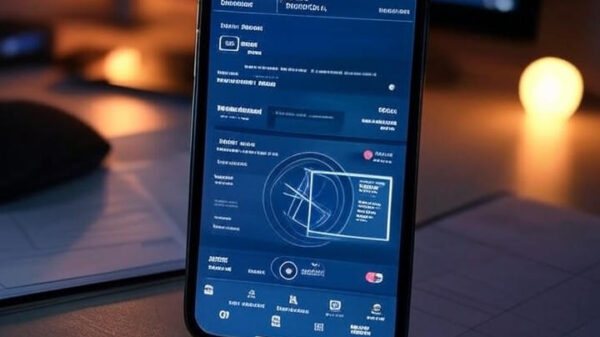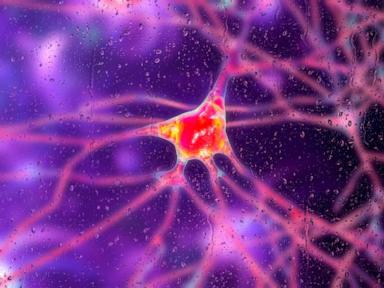BREAKING: A revolutionary gene therapy has shown a stunning 75% reduction in the progression of Huntington’s disease, according to just-released findings from University College London (UCL). The experimental treatment, known as AMT-130, was tested in a preliminary trial involving 29 patients, with a significant impact seen in those receiving a high dose over three years.
The urgency of these results cannot be overstated. Huntington’s disease currently affects approximately 100,000 Americans, leading to severe movement, memory, and mood issues, typically beginning in mid-adulthood. The disease, caused by a faulty gene, carries a 50% chance of being passed to children of affected parents.
Professor Ed Wild from UCL emphasized the transformative potential of this treatment, stating, “
This result changes everything.
” He noted that some patients have even returned to work after receiving AMT-130, showcasing the therapy’s profound impact on daily life.
The mechanism behind AMT-130 involves a harmless virus delivering genetic instructions directly to the brain, effectively turning off the toxic proteins that harm brain cells. Unlike existing treatments that only alleviate symptoms, AMT-130 aims to be a one-time intervention lasting a lifetime.
Lead scientific advisor Sarah Tabrizi expressed her excitement about the findings, stating, “
I am thrilled that this study showed statistically significant effects on disease progression.
” She added that this breakthrough could enable patients to maintain their daily functions and extend their working lives.
The trial’s findings, although preliminary, show substantial improvement through brain scans and spinal fluid tests, indicating significant reductions in brain cell damage. However, experts caution that larger studies are essential to validate these initial results.
The procedure requires complex brain surgery to deliver the therapy to the affected areas, yet researchers reported that patients tolerated it well, experiencing manageable side effects. If approved, AMT-130 would be the first treatment to genuinely slow down Huntington’s disease rather than simply managing its symptoms.
While the findings have not yet been published in a medical journal, they will be presented at a major medical conference next month, and an application for FDA approval is anticipated by 2026. The path to approval typically involves years of rigorous testing to ensure safety and efficacy.
As this story develops, the potential for AMT-130 to change the lives of Huntington’s disease patients remains a focal point of hope and urgency in the medical community. Stay tuned for further updates as researchers continue to explore this groundbreaking therapy.







































































